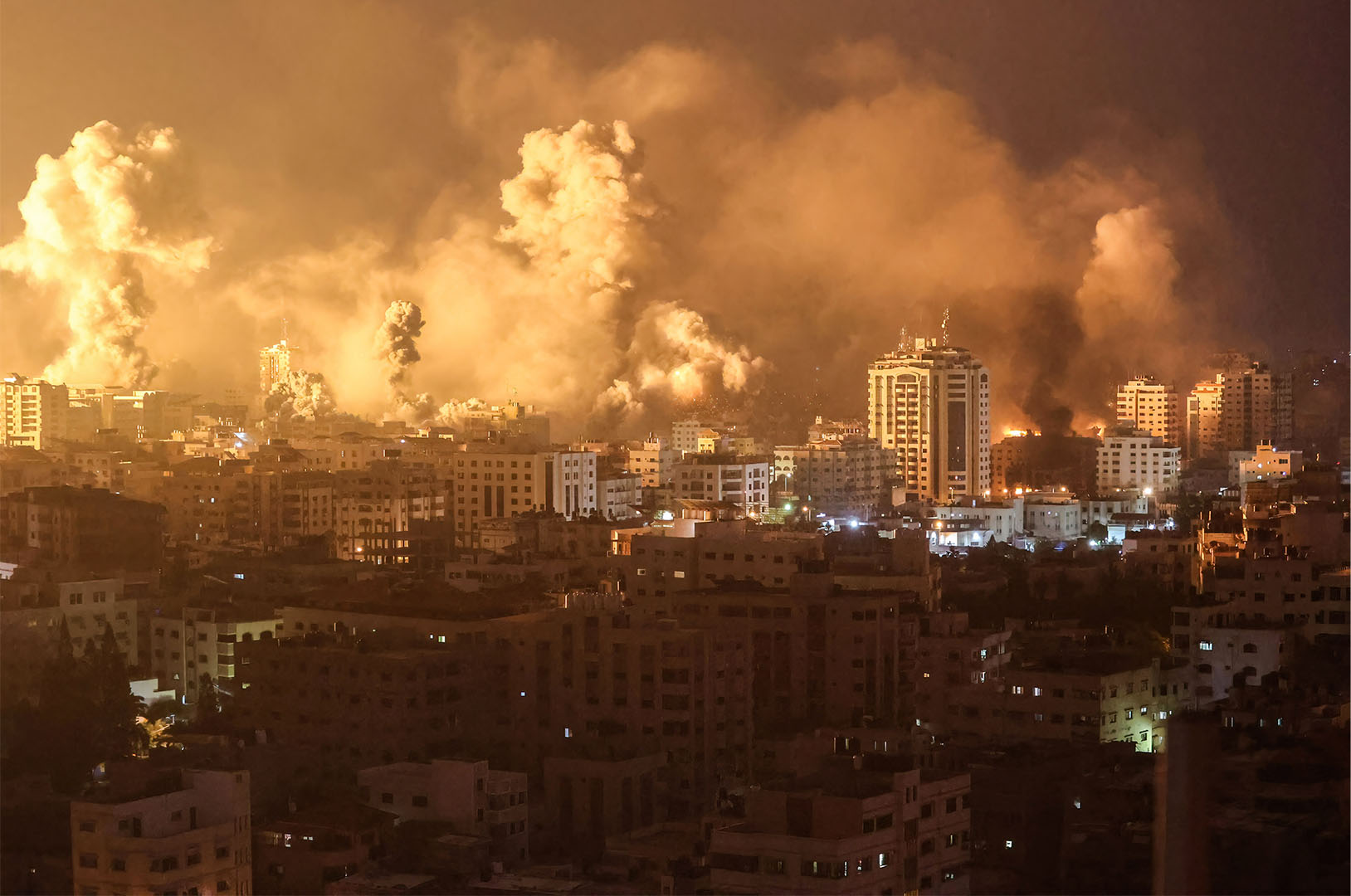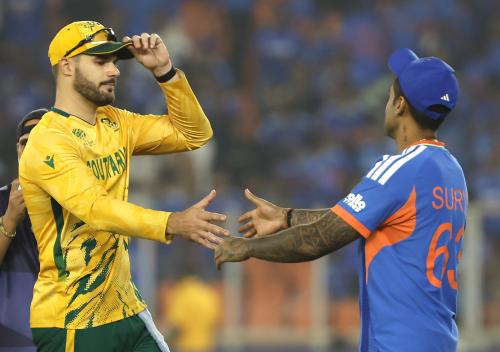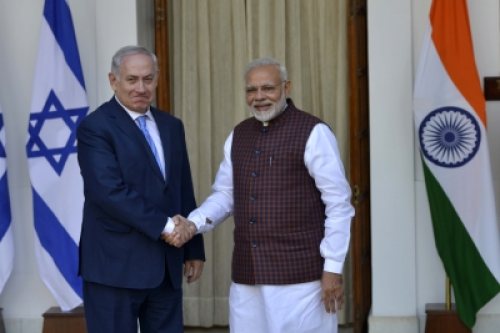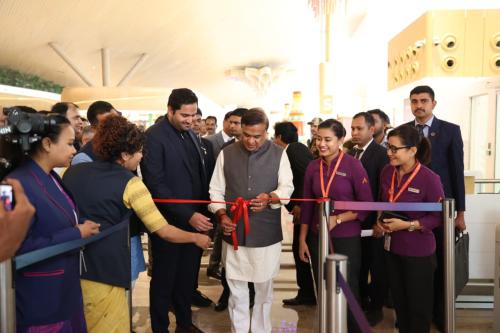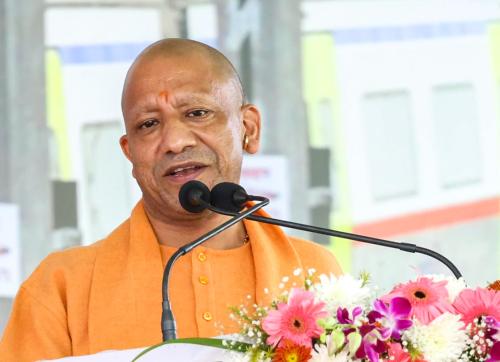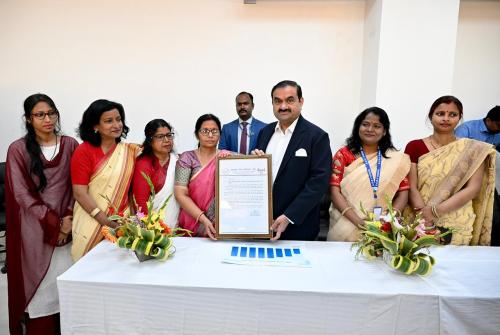Meenakshi Iyer
New Delhi, Nov 4 (IANS) A large chunk of the global Indian diaspora has rallied strongly behind Israel after the country witnessed its largest cross-border attack in October this year, carried out by the Hamas terror group, ever since its creation in 1948.
From holding peaceful protests to solidarity marches, the Indian community across countries like the US, the UK, Canada, Australia and parts of Europe turned up in sizeable numbers to condemn the attacks that left 1,400 dead in Israel and saw over 200 of them being taken as hostages in Gaza.
In addition, Indian-origin advocacy groups and non-profit organisations called upon their respective governments and authorities to take firm action against anti-semitism seen on the streets, in politics, academia and the media in the country.
Some of these organisations include the Foundation for India and Indian Diaspora Studies, Coalition of Hindus of North America, Insight UK, Hindu Council of Australia, Canadian Hindu Forum, etc.
At a recent Congressional briefing, Nissim Reuben, Program Director of Indian-Jewish Relations at the American Jewish Committee, said Indian-Americans will never forget that Israel rushed much-needed defence supplies to India during the 1965 and 1971 wars, and also during the Kargil war in 1999.
To begin with, demographics have played a part in the Indian community's stance on the ongoing war with Israel housing more than 85,000 Jews of Indian origin.
In addition, there were about 18,000 Indian citizens in Israel, engaged in an array of sectors, mostly as caregivers, IT professionals and even pursuing studies, who have now been evacuated under 'Operation Ajay'.
In contrast, there were only 17 Indian nationals in Palestine before the hostilities broke out.
"India is the only country in the world with no history of anti-semitism... even today in Israel, Indian Jews say that Israel is our fatherland. India is our motherland. Israel is in our hearts. India is in our blood," Reuben told the Congressional briefing.
The views of the global Indian community vis-a-vis the Israel-Palestine war correspond very much with the stand taken by their mother country and the countries they have chosen to call home.
With the Americas, Europe and Australia throwing their weight behind Israel, the Indian diaspora settled in these parts is seen to side with the Jewish community, while those in Muslim-majority Gulf regions have remained largely muted.
Of the estimated 1.34 crore non-resident Indians, more than 66 per cent are in the Gulf countries of the UAE, Saudi Arabia, Kuwait, Qatar, Oman and Bahrain, according to a 2022 External Affairs Ministry data.
An Indian-origin doctor in Bahrain had to apologise after he wrote posts on X supporting Israel and criticising terrorism, leading to his termination by the Royal Bahrain Hospital with "immediate effect".
"The Indian diaspora living in Arab and Gulf countries may become vulnerable if they show support to Israel here," an Indian expat in Dubai said on condition of anonymity.
The majority of Palestinians are Sunni Muslims. According to data published by the Central Intelligence Agency, 80-85 per cent of the population in the West Bank and 99 per cent of the population in the Gaza Strip is Muslim.
Most Muslim organisations of Indian descent, like the Washington D.C.-based Indian-American Muslim Council, have slammed Israel’s counter-strikes and shelling that have already killed more than 9,000 Palestinians, roughly half of them children, and injured many more thousands.
According to foreign policy experts, a large number of the Indians abroad supporting the Israeli cause are Hindus who sided with Prime Minister Narendra Modi's strongly-worded response which said that India "stands in solidarity with Israel at this difficult hour".
Writing in Foreign Policy magazine, Michael Kugelman warned that "India can't afford to give the impression that it's fully taking Israel's side".
To begin with, it can negatively impact the prospects of the India-Middle East-Europe Economic Corridor (IMEC), projected during the G20 Summit as an India-led multilateral trade infrastructure, according to experts.
So five days after Prime Minister Modi's remarks, India released its official position stating that it has "always advocated the resumption of direct negotiations towards establishing a sovereign, independent and viable state of Palestine, living within secure and recognised borders, side-by-side at peace with Israel".
In addition, it sent nearly 6.5 tonne of medical aid and 32 tonne of disaster relief material to Palestine last month.



